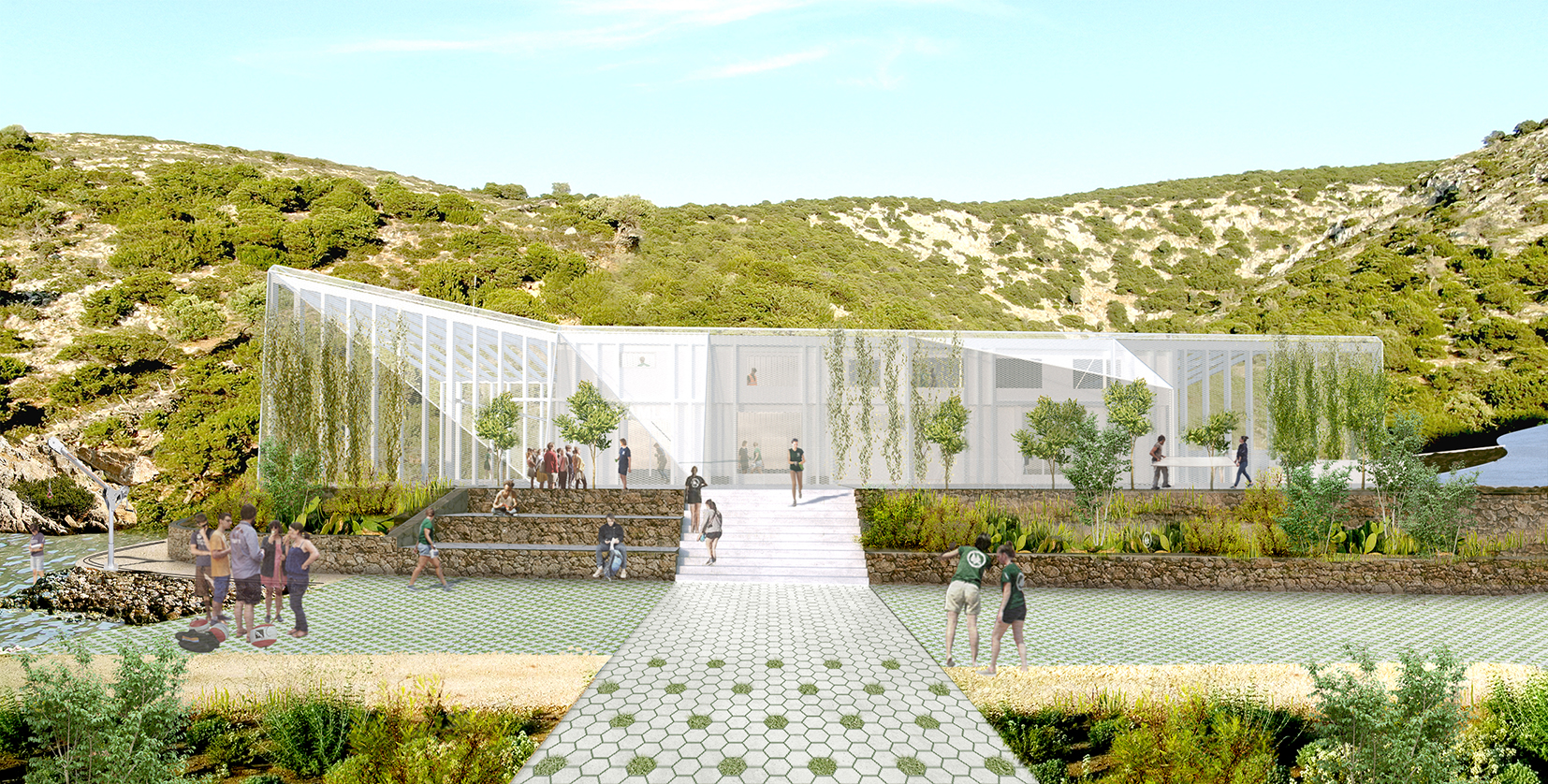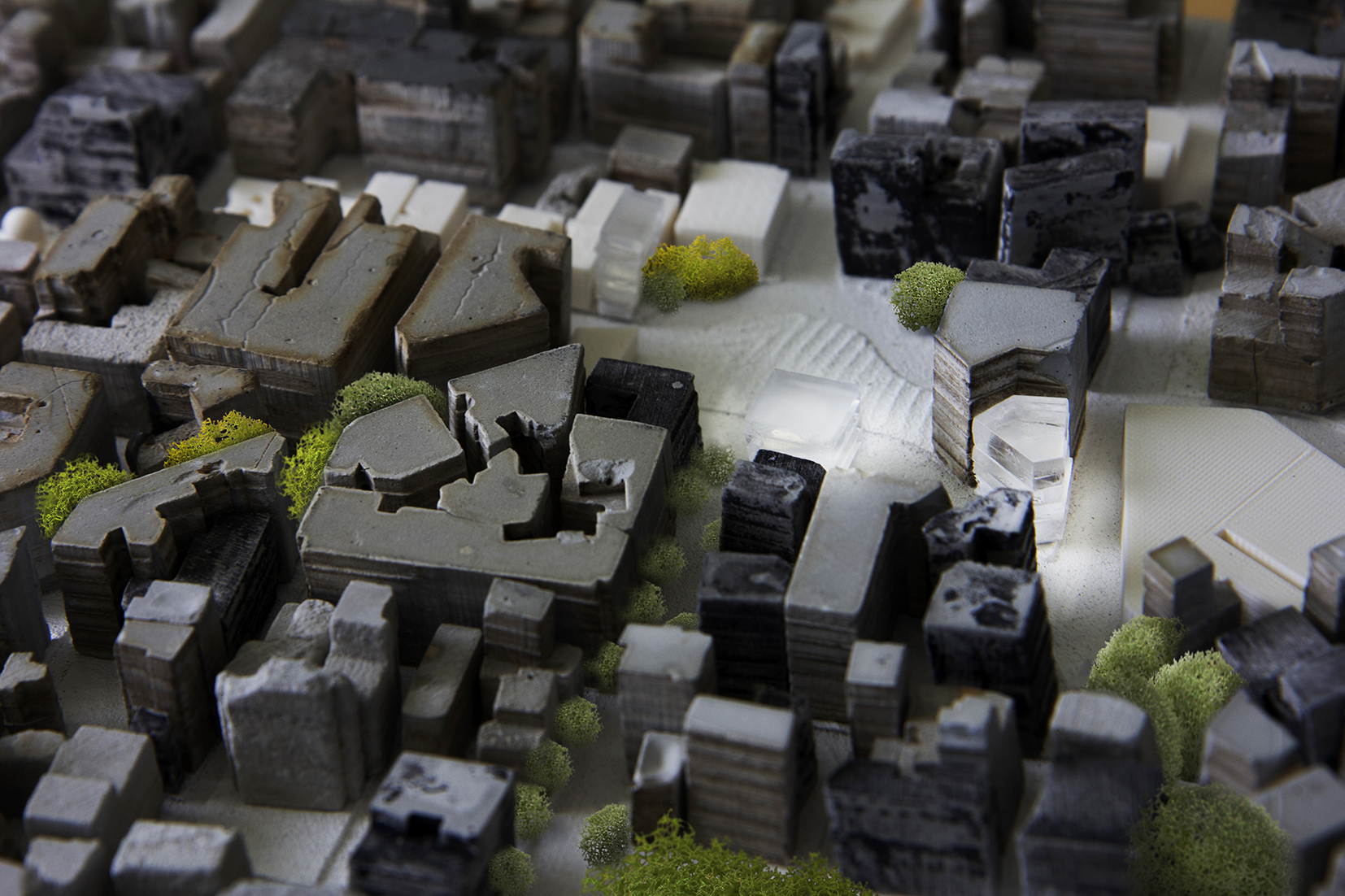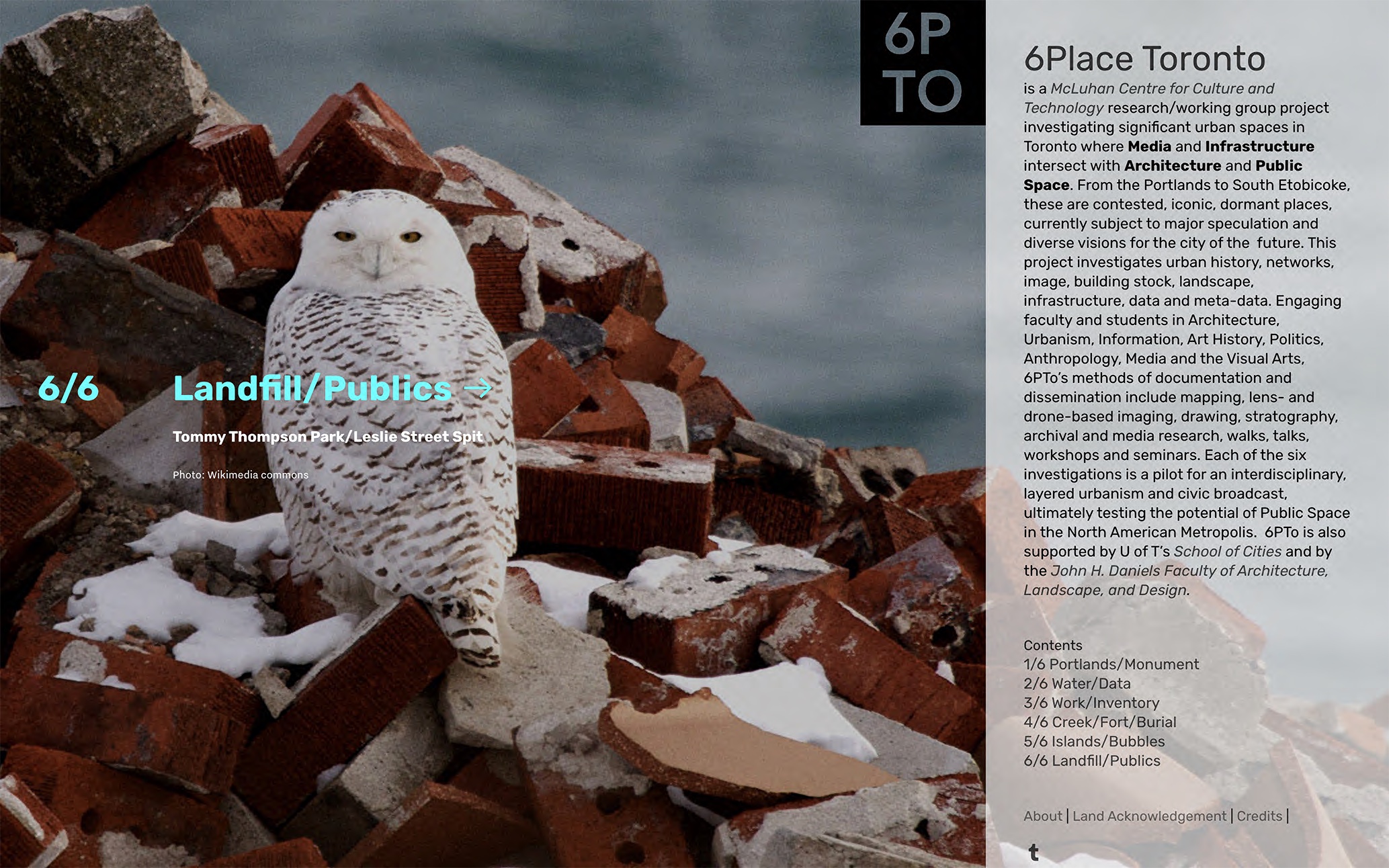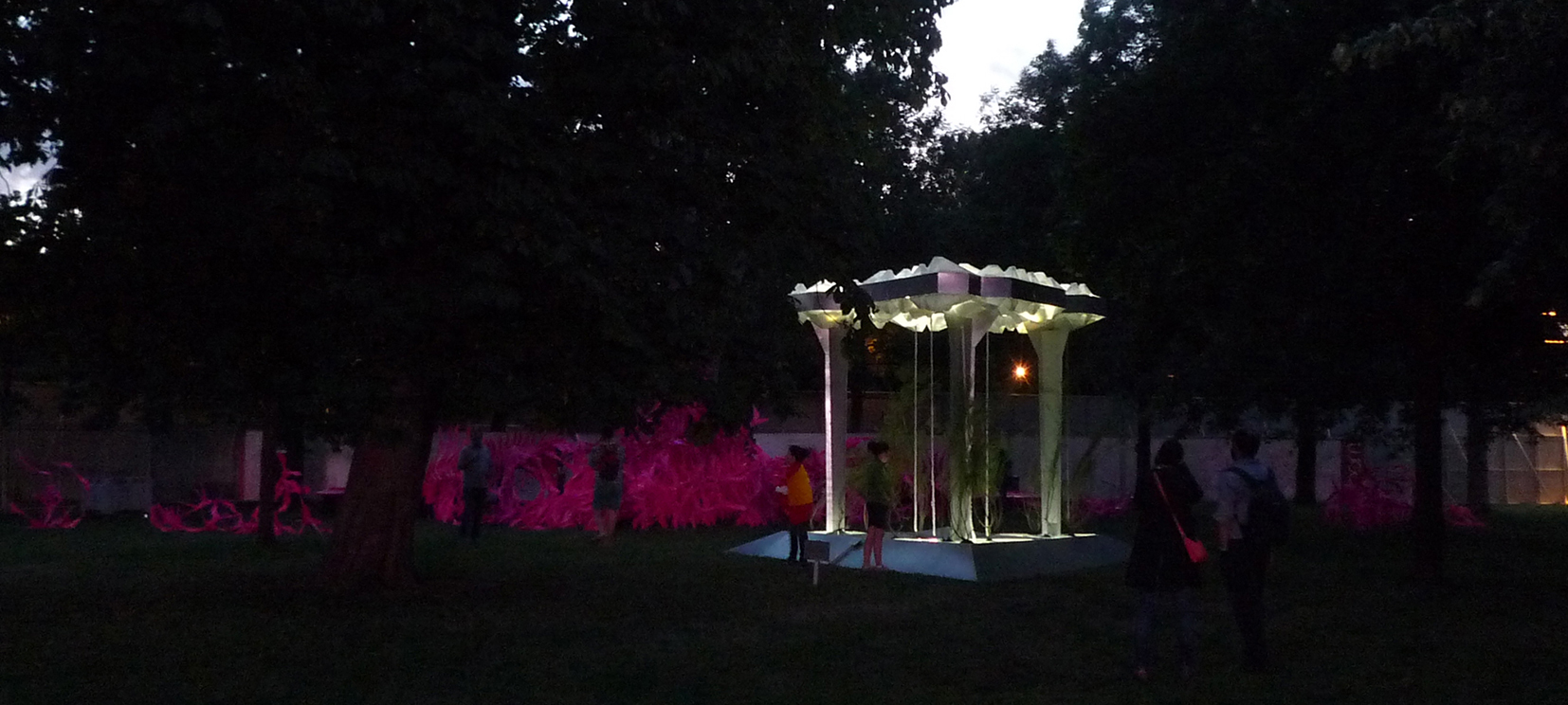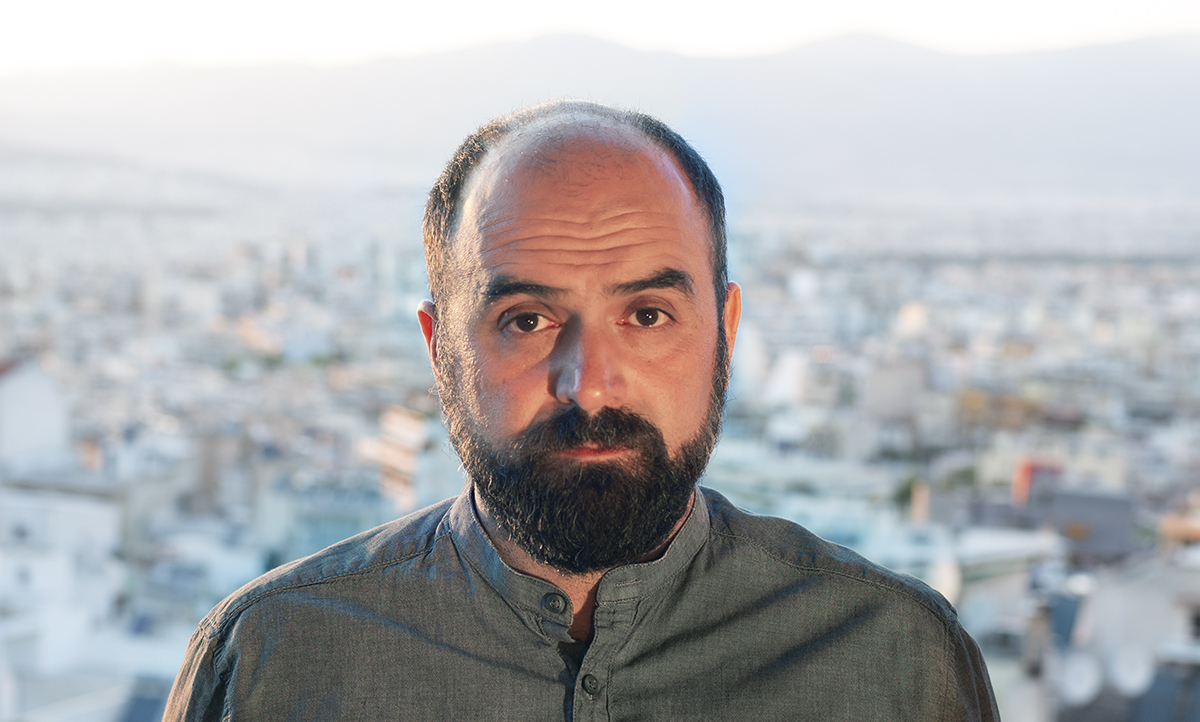
16.08.21 - Petros Babasikas named the new director of the Daniels Faculty's Architectural Studies program
The Daniels Faculty is pleased to announce that assistant professor Petros Babasikas has been appointed to the position of director of the Bachelor of Arts, Architectural Studies program (BAAS) effective July 1, 2021.
As director, Babasikas assumes leadership of the unique undergraduate program that uses architectural studies as a lens for students to pursue a broad, liberal arts-based education. “I am honoured to take on the role at a time when our students are translating their studies into tangible impact more than ever before” said Babasikas.
Following two years of core courses in the design, history, and technology of architecture, landscape, and urbanism, BAAS students focus on a stream with a particular emphasis: Design, History & Theory, or Technology. Students may also elect to keep their course of study broad and pursue the Comprehensive Specialist steam.
"Design thinking is a constant thread throughout the program and various streams,” said Babasikas. “Our students learn the process of iteration and research through making. They observe and reshape problems, form critical positions, and design in response to contemporary issues like the climate crisis, global housing, physical computing, social justice, the decline of the Commons.”
Looking ahead to the start of the 2021-22 academic year, Babasikas emphasized rebuilding a sense of community after a singularly virtual environment.
“It will be a time to celebrate that we’re coming back together – our students can find common ground and experience what it means to learn and experiment in the Daniels Building, with the city of Toronto as their laboratory. We also look forward to rethinking our global initiatives and experiential learning opportunities as part of our rigorous and rewarding four-year curriculum.”
Babasikas joined the Daniels Faculty in 2017 teaching in both the undergraduate and graduate architecture programs. When the university moved to virtual learning in 2020, Babasikas adapted the model-making activities within Architecture Studio III (ARC361) to incorporate student-produced short films. Students proved so adept at creating architectural drama in their short films that Babasikas is planning to make video a permanent part of ARC361's syllabus.
"We usually represent architectural design as finished, vacant drawings and images. But architecture is never finished and always occupied: it's a time-based process, creating atmosphere and stories," Babasikas says. "Filmmaking is just a natural next part of this process.”
Images: 1) The Aegean Marine Life Sanctuary, an adaptive reuse, land- and sea-scape remediation project in collaboration with the Archipelagos Institute for Marine Conservation in Leipsoi (2021); 2) ATHENS2030, an urban rejuvenation design/infrastructure research project for the Historic Center of Athens (2020); 3) 6PLACE TORONTO, a public space project documenting infrastructural monuments (2018); 4) DRIP, a vertical garden pavilion combining salt, steel, and halophyte plants in London (2012).
In addition to his roles as an educator, Babasikas is an architect and writer whose work explores connections between architecture, storytelling, media, and public space.
Recent research and teaching investigate public space under climate crisis and the design of buildings and cities against the decline of the Commons – examples include the Archipelago Thesis Studio at Daniels, the public space investigation 6 Place Toronto, “ATHENS2030,” a blue/green infrastructural rejuvenation and DIY urbanism project in Mediterranean Cities, and the establishment of the “Aegean Marine Life Sanctuary,” an innovative marine conservation, rehabilitation facility, and island community in Leipsoi, Greece.
He is principal of Babasikas Office (Toronto and Athens) and a licensed architect in Greece and the EU. Babasikas has edited exhibition catalogues and published essays on public space, urban renewal, housing, crisis landscapes, lens-based art, and walking as a cultural and political practice. He holds a BA in Architecture and Comparative Literature from Columbia University and a Master of Architecture from Princeton University.
Babasikas succeeds former director Jeannie Kim, associate professor. During her eight years in the role, Kim oversaw the development and realization of the new undergraduate curriculum – and the introduction of undergraduate thesis, an opportunity for students from the specialist streams to work together, as well as interdisciplinary collaboration for students who participate in the School of Cities or Engineering capstones.


